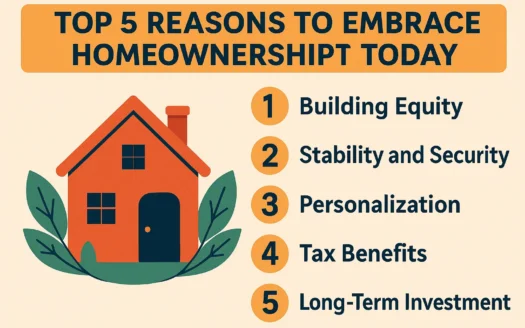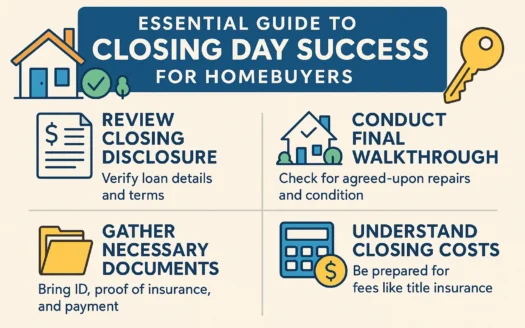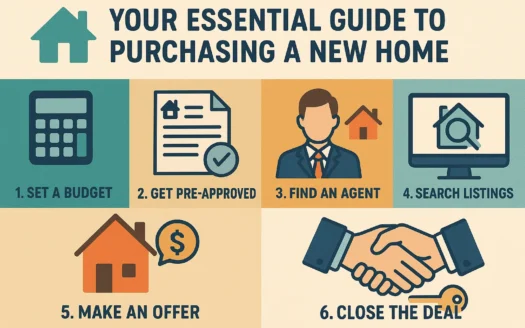What is a Closing?

What is a Closing?
A real estate closing, also called a settlement, is the process of transferring ownership of a home from the seller to the buyer. How long a closing takes can vary depending on the situation, but there are two main parts to expect:
- The mortgage portion: Includes the buyer filling out and submitting all paperwork required by the mortgage lender.
- The title closing: Refers to the seller signing the deed and handing it over to the buyer, officially conveying ownership.
Who Gets Invited?
The list of people who attend a closing isn’t lengthy, but likely includes more people than you’d imagine. Different states have different requirements, but generally:
- A representative of the lender
- A title agent
- The buyer
- The seller
- Attorneys (optional but recommended)
Some states allow different entities to handle the closing procedure, so check local policies to know what to expect. While attorneys aren’t always required, retaining counsel is a good idea to ensure no red flags go unnoticed in closing documents.
What are the Buyer’s Responsibilities at Closing?
If this is your first time closing on a house, follow these nine steps:
-
Prepare For Closing by Opening an Escrow Account
A third party (e.g., a bank, title agent, or escrow agent) holds funds like deposits or earnest money in this neutral account.
-
Obtain a Home Inspection
Hire a qualified inspector to evaluate the home’s condition. Pest inspections are also critical. As one expert notes: “We ensure buyers aren’t purchasing a ‘lipstick flip’ and provide all necessary information for sound judgment.” Resolve any infestations before closing.
-
Renegotiate Purchase Contract, if Necessary
If issues arise, renegotiate the price unless the contract states “as is.” Sellers aren’t obligated to adjust terms, but buyers can still request changes or walk away.
-
Complete Your Mortgage Application
Submit financial records (tax returns, income statements, bank statements, etc.). Preapproval can speed up the process and lock in interest rates. Review loan estimates carefully.
-
Don’t Forget the Lender Appraisal
The lender’s appraisal determines the home’s value. If it’s lower than the purchase price, renegotiate with the seller.
-
Get Title and Homeowners Insurance
Conduct a title search and secure insurance to protect against claims on the property.
-
Time for the Closing Documents
Review the closing disclosure outlining loan terms and costs. Research typical fees in your area to avoid overpaying. Some sellers may cover closing costs if agreed upon earlier.
-
Final Walkthrough of New Home
Inspect the property within 24 hours of closing to ensure everything aligns with the contract. Apply earnest money toward your down payment.
-
Sign on the Dotted Lines
Carefully review all documents (up to 100 pages!) to confirm interest rates, prepayment terms, and obligations. Consult an attorney if needed.
While closing on a house involves patience and preparation, working with trusted professionals ensures a smooth transition to your new home.




